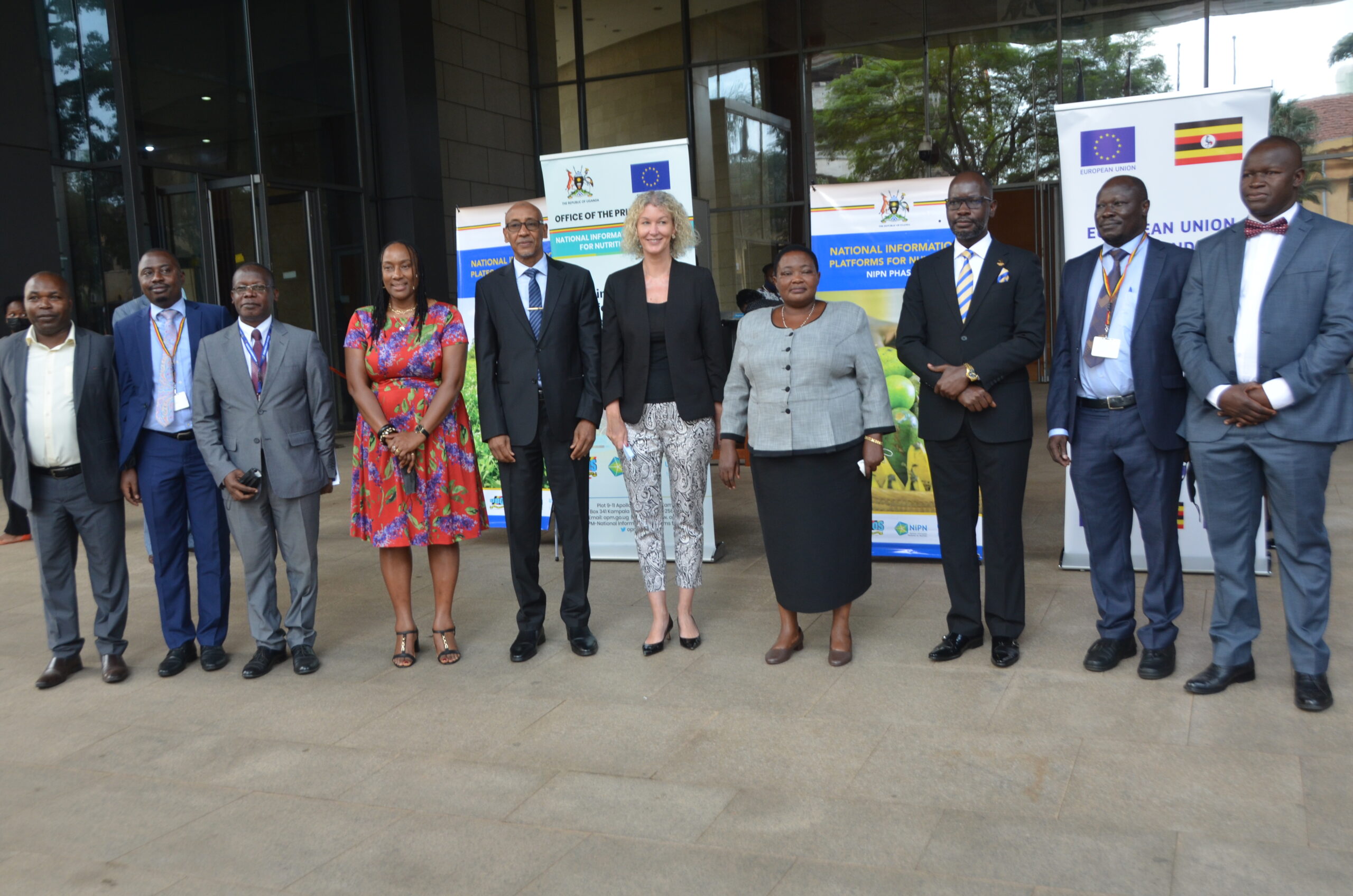The Office of the Prime Minister (OPM) has embarked on a mission to address the nutrition security crisis.
The third National Nutrition Forum, recently held in Kampala, brought together experts, policymakers, and stakeholders to exchange innovative ideas, share research findings, and strengthen partnerships to accelerate progress towards national nutrition targets and developmental objectives.
Poor nutrition is a silent epidemic in Uganda, contributing to the rise of non-communicable diseases (NCDs) such as obesity, hypertension, and metabolic disorders. According to Ms. Samalie Namukose, the Assistant Commissioner of the Nutrition Division at the Ministry of Health, “The dietary choices we make, compounded by sedentary lifestyles, contribute to a range of health problems. We need to prioritize concerted action to address the root causes of malnutrition and its far-reaching consequences.”
Malnutrition imposes a significant economic burden on Uganda, costing an estimated 1.8 trillion shillings annually. Reducing undernutrition by half by 2025 could save an average of 176 billion shillings annually, while reducing stunting levels to 10% and underweight to 5% could lead to savings of 260 billion shillings.
The forum emphasized the need for a multi-sectoral approach to address nutrition security. Mr. Dunstan Balaba, Permanent Secretary of the Office of the Prime Minister, called for increased financing to tackle nutrition issues, stressing the importance of continued commitment from the government, civil society organizations, and development partners.
Despite the challenges, there are notable successes. The National Demographic Survey indicates progress in nutrition indicators, including reductions in wasted and stunted children. The Uganda Cost of Hunger in Africa study suggests that halving undernutrition by 2025 could save the country 176 billion shillings annually.
As Uganda continues its quest for nutrition security, the third National Nutrition Forum serves as a crucial platform for stakeholders to explore new programs and financing avenues within a multi-sectoral model. By working together, Uganda can achieve optimal nutrition outcomes and ensure a healthier, more productive population for generations to come.


